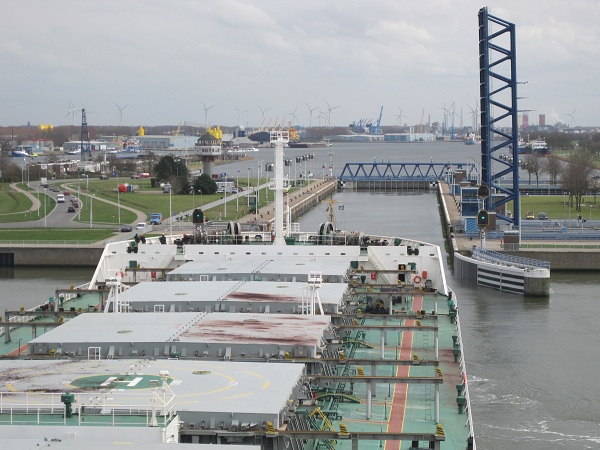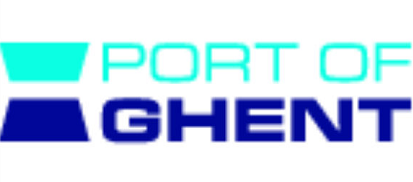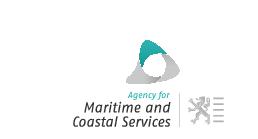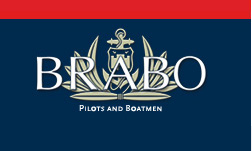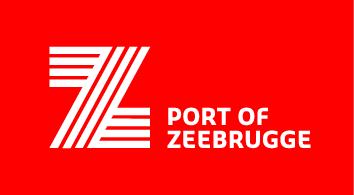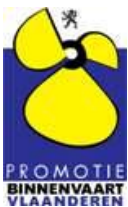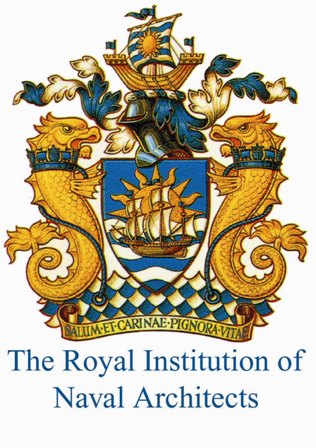Third International Conference on Ship Manoeuvring in Shallow and Confined Water
with non-exclusive focus on Ship Behaviour in Locks
June 03 - 05, 2013, Ghent, Belgium
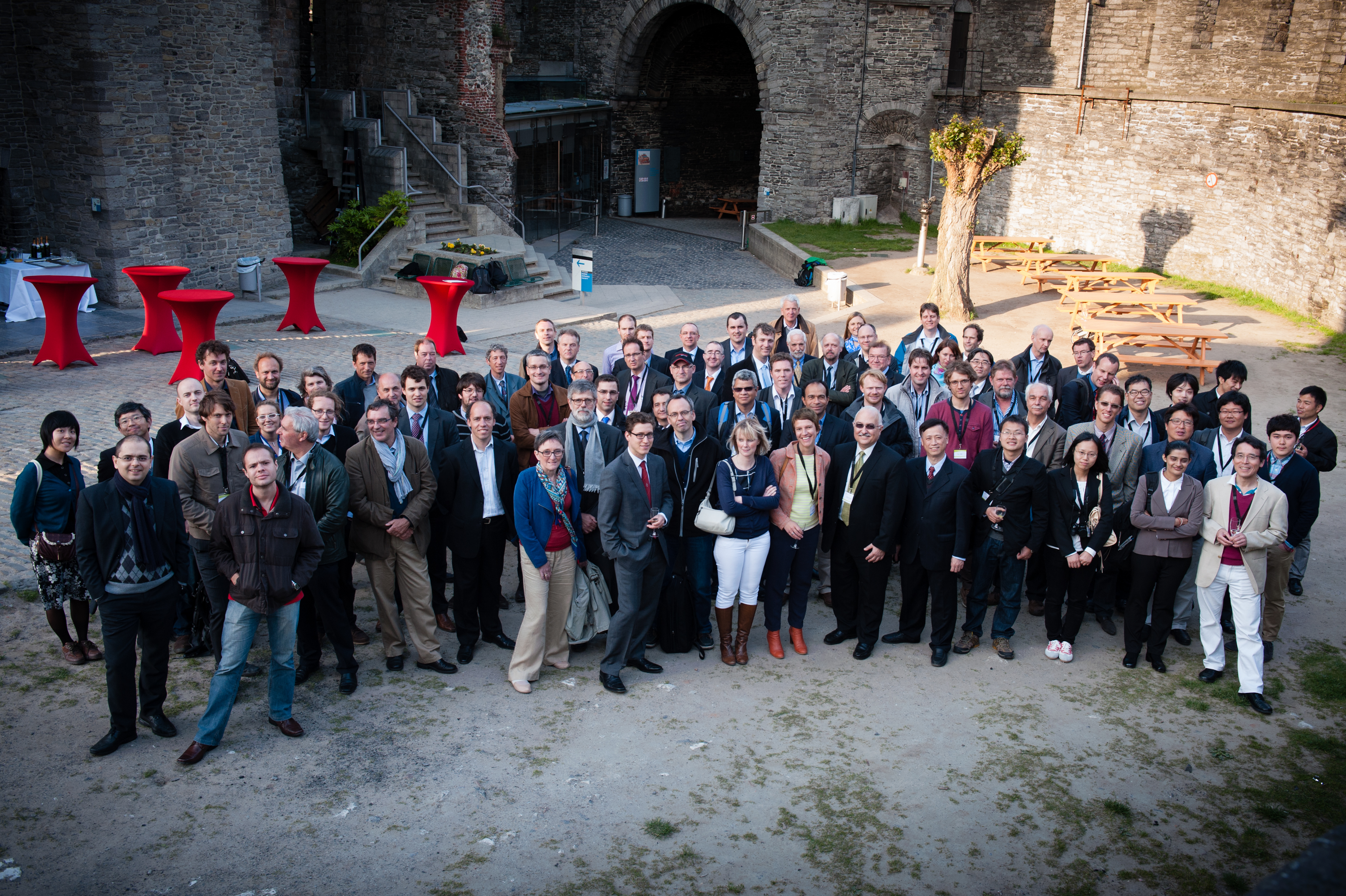
There has been a growing tendency to manoeuvre larger vessels in confined environments while the infrastructure does not increase in size or not at the same rate. As a consequence, the effects that occur when a ship manoeuvres in shallow or confined water continue to be of great importance. The conference provides an international forum to discuss the latest developments both in research and in practice. This conference was organised by the Royal Institution of Naval Architects, Flanders Hydraulics Research and Ghent University – Maritime Technology Division
After successful conferences with special focus on bank effects (Antwerp, May 2009) and on ship - ship interaction (Trondheim, May 2011), the Third International Conference on Manoeuvring in Shallow and Confined Water had a particular attention to Ship Behaviour in Locks.
A significant number of locks for large sea-going vessels are being designed or under construction all over the world. The new Panama Canal locks are the most famous example for seagoing vessels. With regards to inland shipping, the adaptation of existing canals requires continuing renovation of existing lock complexes.
Lock manoeuvres involve more than just shallow water and bank effects. A series of additional effects such as density currents and the permeability of structures also have to be considered. Ultimately, complex ship hydrodynamics are involved, which are not yet fully understood. Several specific topics can be distinguished such as the behaviour of ships approaching and entering lock chambers, the design of approach lanes to the locks in order to reduce wave reflection and lateral forces and the development of more realistic ship - lock simulation models.
Topics- Ship hydrodynamics
- Development of ship - lock simulation models
- Design of approach lanes
- Effect of density currents and structure permeability
- Mooring forces
The papers presented on the conference cover experience from different points of view:
- Field observations
- Experimental results
- Numerical calculations, including CFD
- Practical aspects
- Simulation models for training and research
Papers also discuss related topics in the field of hydrodynamics of ship manoeuvring in shallow and confined waters:
- Shallow water effects on ship manoeuvring
- Ship - bank interaction and other confined water effects
- Ship - ship interaction
- Squat and other vertical motions in shallow water
- Ship - fender interaction
The benchmark data can be obtained by mailing to info@shallowwater.be to request a digital version of the benchmark data. The data will then be sent to you along with an accompanying paper describing the experimental set-up.
The benchmark data which were made available for the 2nd International Conference on Ship Manoeuvring in Shallow and Confined Water are also still available for interested parties.
International Scientific Committee
The papers presented at the conference are reviewed by an international scientific committee, which is composed of:
- Prof. K. Benedict (University of Technology, Business and Design, Wismar, Germany)
- Dr. T. E. Berg (Marintek-Sintef, Norway)
- Dr. G. Delefortrie (Flanders Hydraulics Research, Belgium)
- Prof. T. De Mulder (Ghent University, Belgium)
- Dr. L. Daggett (Waterway Simulation Technology, USA)
- Dr. J. Duffy (Australian Maritime College Australia)
- Prof. K. Eloot (Flanders Hydraulics Research, Belgium)
- Dr. A. Gronarz (Development Centre for Ship Technology and Transport Systems, Germany)
- Prof. K. Kijima (Nagasaki Institute of Applied Science, Japan)
- Prof. B. Pettersen (Norwegian University of Science and Technology, Norway)
- Prof. J. Pinkster (Pinkster Marine Hydrodynamics, The Netherlands)
- Frans Quadvlieg (MARIN, The Netherlands)
- Prof. P. Rigo (ANAST, University of Liege, Belgium)
- Prof. F. Stern (IIHR - Hydroscience & Engineering, The University of Iowa, USA)
- Dr. C. Thorenz (Federal Waterways Engineering and Research Institute (BAW), Germany)
- Prof. M. Vantorre (Ghent University, Belgium)
- Otto Weiler (Deltares, The Netherlands)
- Johnny Wong (Panama Canal Authority, Panama)
